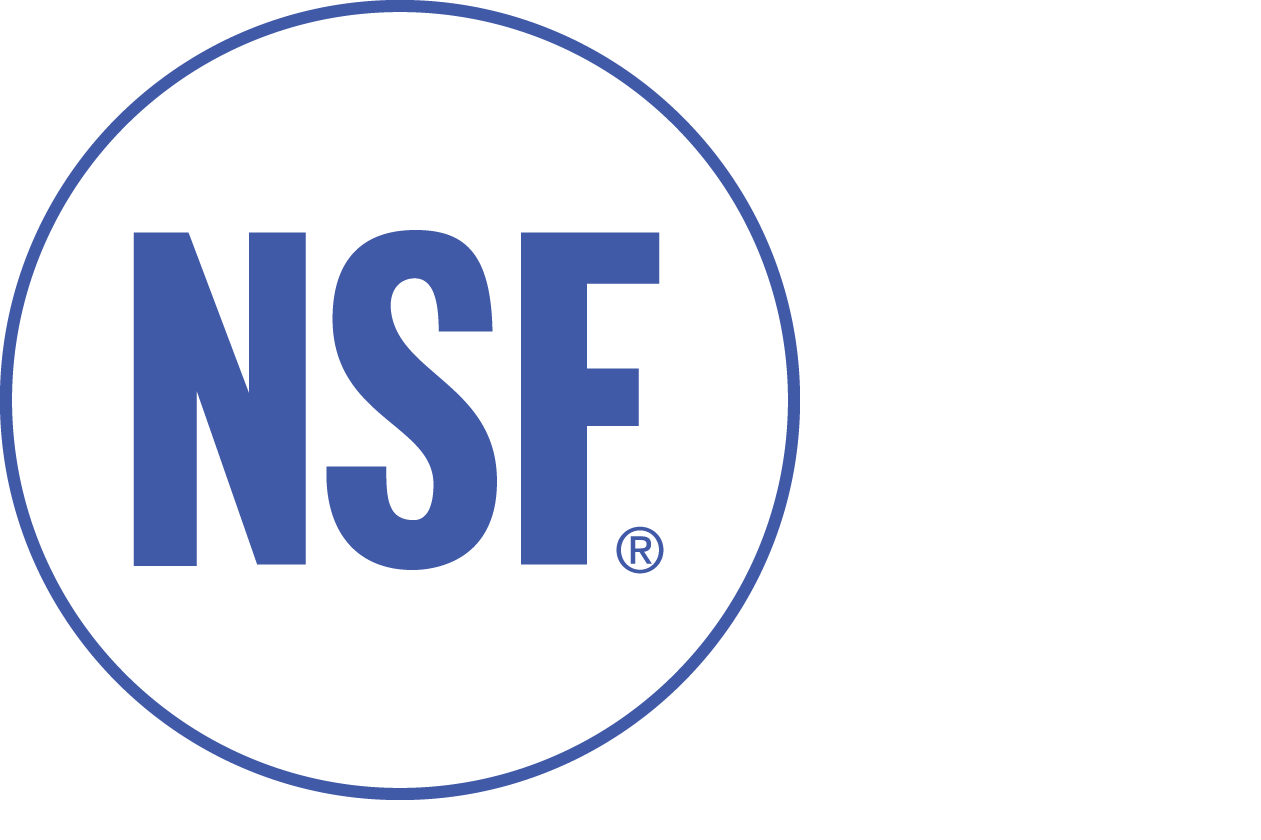Join NSF’s event to explore solutions for high safety standards in circular water and agri-food. EU initiatives must ensure 'safety by default' with robust testing and certification to reduce chemical and microbiological risks.
- circular economy | environmental impact
- Tuesday 17 June 2025, 09:15 - 13:00 (CEST)
- Online only
- Live streaming available
Practical information
- When
- Tuesday 17 June 2025, 09:15 - 13:00 (CEST)
- Where
- Online only
- Languages
- English
- Part of
- Website
- Event website
- Social media links
Description

In 2025, the European Commission adopted the Vision for Agriculture and is preparing to adopt a Water Resilience Strategy. A Circular Economy Act and a reform of the regulations on chemicals are also expected. NSF aims to join the EU in its efforts to ensure a clean, circular, and competitive environment for its economy. Since 1944, NSF has been at the forefront of global efforts to improve human and planetary health. Leveraging 80 years of experience, NSF has developed public health standards and provided world-class testing, inspection, certification, consulting, and digital solutions to the food, water, and health sciences.
With this EU Green Week Partner event, NSF proposes to assist manufacturers and beneficiaries in understanding and preparing for these major EU initiatives. We aim to raise awareness for ‘food and water safety by default’ within a circular economy, especially in a nexus approach to water, agriculture, and energy as envisaged by the Commission. Transitioning to circular agri-food systems involves reusing alternative water sources, food surpluses, by-products, and food packaging to improve environmental and socio-economic sustainability. However, this shift introduces potential risks, such as microbiological and chemical contaminants, which could accumulate and compromise food and water safety if not properly tackled.
NSF's Water and Food divisions, along with decades of experience in toxicology, contribute to supporting resilient societies with safe drinking water and healthy food. Being at the intersection of regulation and industry, we aim to add value by emphasising standards, testing, and certification as solutions contributing to achieving the EU's ambitions in environmental protection and public health. Moreover, we aim to contribute to international cooperation at a technical and scientific level. Our strong partnerships with associations and companies in the food and water sectors, as well as with regulatory and standardisation bodies, can further strengthen these efforts.
We invite you to a hybrid roundtable hosted at our EU headquarters in Diegem, the Brussels Airport business district. Standardisation bodies and regulators will meet industry representatives and discuss with NSF experts. It’s an opportunity for participants to express their views, concerns, and expectations, and kick off a collaborative effort to ensure water and food safety by default in a circular economy for the benefit of all Europeans.
